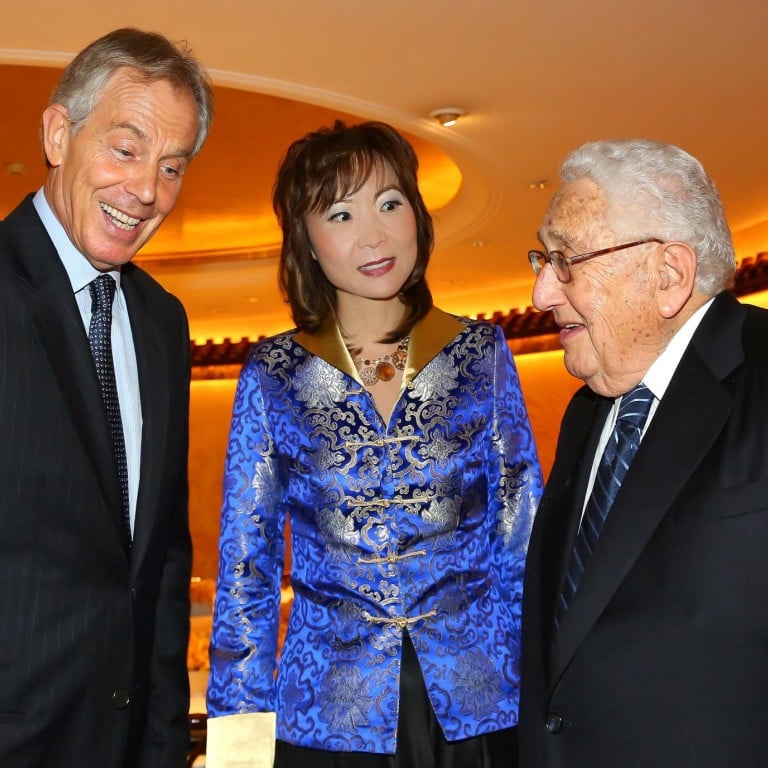China expert Jing Ulrich says women and men need to be prepared for hard work

Financial strategist and analyst has the ability to move billions of dollars on the mainland with just a few words
There are only a few female professionals in the world who consistently make the list of the most influential or most powerful. Jing Ulrich is always on top of such lists.
Educated at Harvard and Stanford universities, Ulrich serves as managing director and vice-chairwoman, Asia-Pacific, at JPMorgan Chase. For years, she has been considered the top analyst and commentator on economic and financial issues for China.

Numerous accolades have come her way, with several notable ones among them. Ulrich has been consistently included in Fortune's 50 Most Powerful Global Businesswomen and Forbes' 100 Most Powerful Women in the World. She was cited among the 20 youngest global power women. In 2011, two prestigious magazines - China Entrepreneur and China Business Watch - ranked Ulrich among the country's top business elite. She is also regarded as a prominent adviser to some of the world's largest asset management companies, sovereign wealth funds and multinational corporations. In addition, she serves as an adviser to Chinese institutions seeking to invest overseas.
Global institutional investors have voted her as the best China strategist numerous times. Her views and advice can move billions of dollars of assets every year. Her expertise and sources have made her an important figure, shaping the international community's approach towards investing in the world's second-biggest economy.
Ulrich says that in all business, no matter what you do, you have to understand China and the major Asian economies. Her expert economic knowledge of China has helped JPMorgan's clients understand the huge potential of the mainland market and the do's and don'ts of doing business there.
"My work helps foster greater cross-border collaboration between the Asia-Pacific and the rest of the world, and leverage JPMorgan's global expertise to serve the firm's most senior clients. My interactions with clients and colleagues give me great opportunities to learn and work with business leaders throughout the region," she points out. In 2005, Ulrich established JPMorgan's Hands-On China series, which has become a leading forum for views and research on the key issues in China's transformation as a market-focused economy.
Talking of the series, Ulrich says: "We hosted hundreds of corporate leaders and industry experts around the world. I also inaugurated and continue to run the world's foremost China investment summit, attended each year by thousands of global business and government leaders. Essentially, we have established a high-level think tank for our global clients, bringing together a network of executives in various industries and organisations."
Talking of the mainland economy, Ulrich says that global investors monitor China's economic performance because it's still the biggest growth story in the world. Right now, everyone is focused on China's economic data and its continuing potential.
